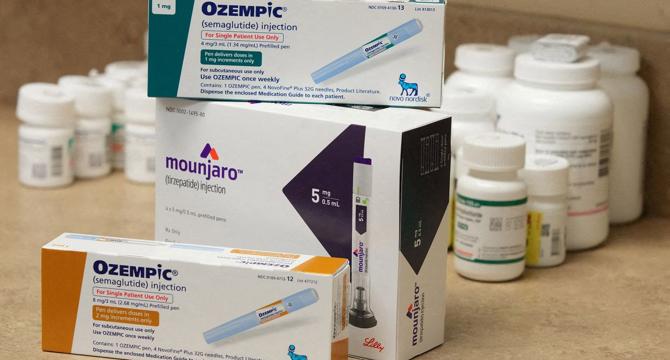Brighter Side of News
3d
104

Image Credit: Brighter Side of News
Common diabetes drugs may protect against Alzheimer’s disease
- A recent study suggests that common diabetes drugs such as GLP-1 receptor agonists and SGLT2 inhibitors may protect against Alzheimer's disease and related dementias.
- The research, conducted at the University of Florida, looked at Medicare data from older adults with Type 2 diabetes.
- GLP-1RAs and SGLT2is were associated with significantly fewer cases of dementia, indicating potential brain health benefits even for non-diabetic individuals.
- The study compared health outcomes of over 90,000 patients, showing lower risks of Alzheimer's and dementia in GLP-1RA and SGLT2i users.
- Both drug classes were found to have neuroprotective effects beyond regulating blood sugar levels, potentially reducing inflammation and improving circulation.
- Funding for the study came from the National Institute on Aging and the National Institute of Diabetes and Digestive and Kidney Diseases.
- While the study was observational, the results suggest a promising link between these diabetes medications and reduced dementia risk.
- Future research will explore the effects of these drugs on broader populations and their potential for preventing cognitive decline.
- These findings could have significant implications for patients, caregivers, and public health as the use of GLP-1RAs and SGLT2is continues to expand.
- Understanding the real-world benefits and risks of these drugs across populations will be key for future healthcare decisions.
Read Full Article
6 Likes
For uninterrupted reading, download the app